Ever heard of the poem by Rumi, “The Guest House?” It metaphorically gives a symbolic view of life’s journey and the circumstances of life that a human can encounter. I remember the first time I heard this poem. It was in 2018 and I was sitting in a chair, circled with my classmates at the ending session in my MBSR certificate program. Out of all the poems and meditations I listened to, this one struck me most. It speaks to the mindfulness principle of acceptance, accepted of the unexpected visitor in life: “A Joy, A Depression, A Meanness, The Dark Thought, The Shame, The Malice, meet them at the door laughing, and invite them in,” states Rumi. In a culture of America, where emotions equate to sensitivity or weakness, we can find ourselves not welcoming difficult emotions and circumstances in life, and suppressing and reacting in a form of distress.
Practicing Acceptance
Self- Acceptance: The Person in the Mirror
Low self-esteem/self-worth is a manifestation of the lack of acceptance or rejection of oneself. Unfortunately, I have been all too familiar with this concept, and it is an area in that I continue performing soul work within. Recently, I experienced an epiphany regarding acceptance in my own life around acceptance that I would like to share with the reader.
First Step to a Better Outcome
Acceptance is a topic that is often discussed in the mental wellness world but there are different concepts of acceptance. In psychology, acceptance generally means accepting present time thoughts and feelings. This means that we need to learn to accept our emotions and feelings and sit in those emotions and feelings instead of brushing them off. This may sound confusing or counterintuitive to a happy life but learning to accept yourself exactly where you are in each moment has positive outcomes. Learning not to be too hard on yourself for experiencing negative emotions in certain situations can be hard but it is an important skill. It is equally important to accept in the present moment how you feel emotionally or about a certain situation but then allow yourself to move forward.
Acceptance: Self & Others
Acceptance of Self
Becoming a Social Worker requires a special level of compassion, humility, and integrity. Working in this field can bring issues that have been suppressed to the forefront. Working with individuals can bring upon memories of past experiences that may have caused trauma. Being able to remove yourself is a skill that is learned through experience. There have been times where I have felt as if I wasn’t worthy enough to work with certain populations. To add on, there have been many times where I felt like I failed, because I wasn’t able to save someone, they weren’t able to be serviced, or they weren’t ready to make the change. Through it all, I had to learn to accept that I always give my all with every client. Understanding and accepting that no story will be a success story has been a breakthrough in my career. I no longer allow the bad to outweigh the good. Learning to accept that I am great at what I do in this field is more than enough gratification for me.







